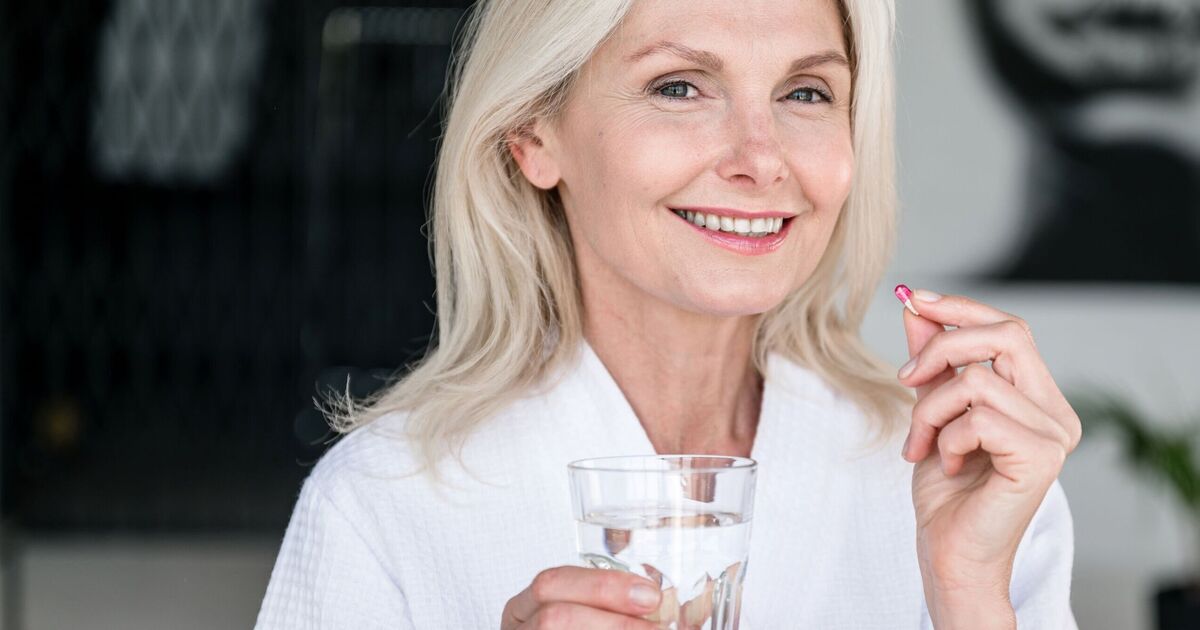The NHS has issued a health alert, advising the public to start taking a 2p pill daily from this month to boost their wellbeing and potentially stave off serious health issues including dementia.
Taking to social media, the health service highlighted the importance of vitamin D supplements during the darker months, stating: “From October to March we can’t make enough vitamin D from sunlight. To keep bones and muscles healthy, it’s best to take a daily 10 microgram supplement of vitamin D. You can get vitamin D from most pharmacies and retailers.”
With a year’s supply costing less than £8 online, it works out at less than 2p per day.
Not only is vitamin D crucial for bone and muscle health, but it’s also been associated with a lower risk of dementia. A French study revealed that low levels of vitamin D could triple the risk of Alzheimer’s disease.
The NHS recommends that those particularly susceptible to deficiency, including all children aged 1 to 4 and infants not drinking sufficient formula, should take a supplement throughout the year.
The NHS explained: “Vitamin D helps regulate the amount of calcium and phosphate in the body. These nutrients are needed to keep bones, teeth and muscles healthy. A lack of vitamin D can lead to bone deformities such as rickets in children, and bone pain caused by a condition called osteomalacia in adults.”
“Government advice is that everyone should consider taking a daily vitamin D supplement during the autumn and winter. People at high risk of not getting enough vitamin D, all children aged 1 to 4, and all babies (unless they’re having more than 500ml of infant formula a day) should take a daily supplement throughout the year.”
The late Dr Michael Mosley, an expert in the field, was a strong advocate for vitamin D supplements. He once stated: “I take 25 mcg (1,000 IU), which is within the limits of what’s considered safe (anything under 100 mcg a day for adults or 50 mcg for children, according to the NHS) but closer to the sort of doses studies show you need to take to ward off infections, cancers, and maybe even dementia.”
Dr Amina Hersi, a GP who ups her intake to 1,000 IU during the winter months, revealed: “Like 85% of people with polycystic ovary syndrome (PCOS), I am deficient in vitamin D. I also have darker skin so I need more because melanin blocks out the sun’s UV rays.”
A recent study has shown that mice fed a diet rich in vitamin D had improved immune resistance to experimentally transplanted cancers, and better responses to immunotherapy treatment. Caetano Reis e Sousa, head of the Immunobiology Laboratory at the Francis Crick Institute, and senior author, said: “What we’ve shown here came as a surprise vitamin D can regulate the gut microbiome to favour a type of bacteria which gives mice better immunity to cancer.
“This could one day be important for cancer treatment in humans, but we don’t know how and why vitamin D has this effect via the microbiome. More work is needed before we can conclusively say that correcting a vitamin D deficiency has benefits for cancer prevention or treatment.”











